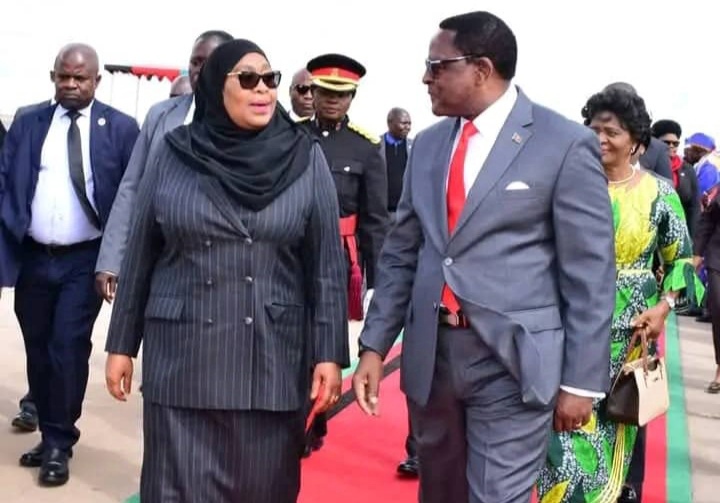US Strengthens Nigeria’s Mpox Response With Critical Vaccine Donation
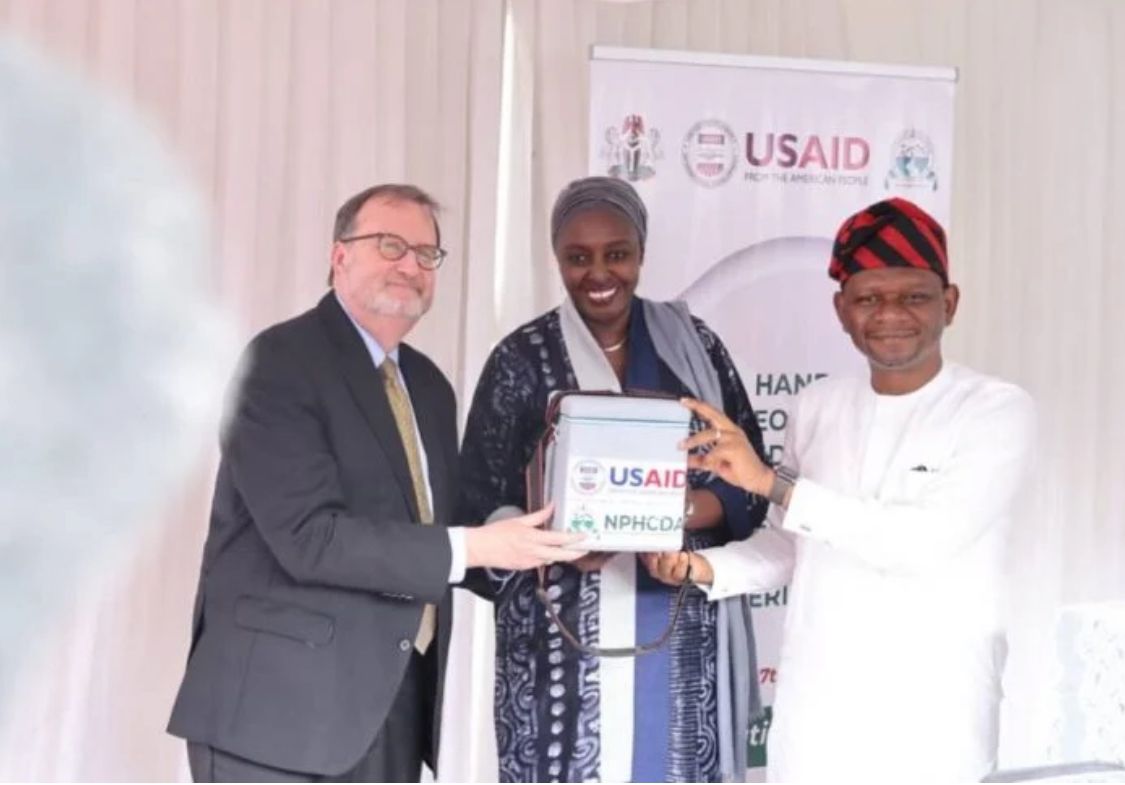
By Onoja Baba, Abuja, Nigeria
The United States government has donated 10,000 doses of the Jynneos vaccine to Nigeria.
This vaccine, approved by the U.S. Food and Drug Administration for adults at risk of mpox infection, is expected to play a crucial role in Nigeria’s public health response amid growing concerns over the virus.
The official handover took place in Abuja, with Nigeria’s Coordinating Minister of Health and Social Welfare, Prof Muhammad Pate, represented by Permanent Secretary Daju Kachollom.
Prof Pate expressed gratitude to the U.S. government, emphasizing the importance of international collaboration in ensuring public health.
“This donation is a testament to the spirit of cooperation that has existed between our nations over the years. It will significantly aid our efforts to maintain the health of our population,” he stated.
The vaccine donation comes as mpox, a zoonotic disease related to smallpox, continues to pose a significant threat in Nigeria.
The Nigeria Centre for Disease Control and Prevention (NCDC) has reported 40 confirmed cases out of 830 suspected cases nationwide, highlighting the urgency for effective interventions.
In response, the Nigerian government, with support from its international partners, has been ramping up efforts to control the spread of the virus.
Richard Mills, the U.S. Ambassador to Nigeria, underscored the U.S. commitment to global health security during the handover ceremony.
He said: “Health is a priority for the U.S. Mission, and we believe that a health threat in one part of the world is a threat everywhere. This donation is part of our broader strategy to support countries most vulnerable to health emergencies.”
Mills praised Nigeria’s proactive approach, including the development of a national mpox vaccination strategy and a comprehensive response plan.
The Executive Director of the National Primary Health Care Development Agency (NPHCDA), Dr. Muyi Aina, described the vaccine donation as a critical component of Nigeria’s preparedness and response strategy.
He highlighted the recent declaration by the Africa Centers for Disease Control and Prevention of mpox as a public health emergency of continental security, underscoring the global urgency to address the disease.
“This handover is more than just a transfer of vaccines; it represents a strengthening of our international cooperation in tackling global health challenges,” Dr. Aina said.
He noted that Nigeria would prioritize the distribution of the vaccines to the most affected states and vulnerable populations, including healthcare workers and close contacts of confirmed cases.
Dr. Aina further emphasized that vaccination is just one aspect of the country’s broader response to mpox. The NPHCDA, in collaboration with the NCDC and other partners, plans to enhance surveillance, public awareness, and education initiatives to prevent further spread of the virus.
The U.S. donation of 10,000 doses is part of a limited global supply of 200,000 doses, reflecting the high value and strategic importance of this contribution.
Nigeria’s health officials expressed their commitment to the efficient and transparent use of the vaccines, ensuring that those most in need are prioritized in the distribution efforts.
categories
recent posts
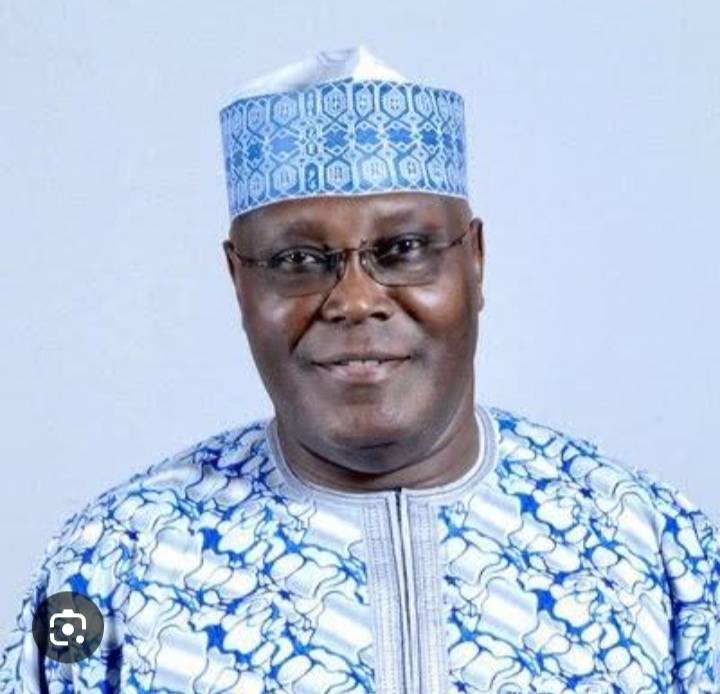
NIGERIA: ‘Coming Political Battle Not APC Versus PDP, Or LP Versus APC’ – Atiku

Praises And Panic: APC Sees PDP Chairman’s Endorsement Of Gov Mutfwang As Cry For Relevance
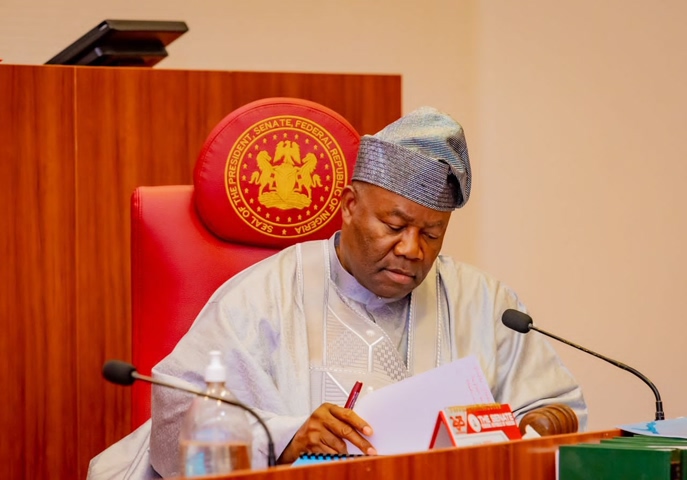
NIGERIA: Akpabio Leads Nigerian Delegation To Vatican For Pope Francis’ Funeral
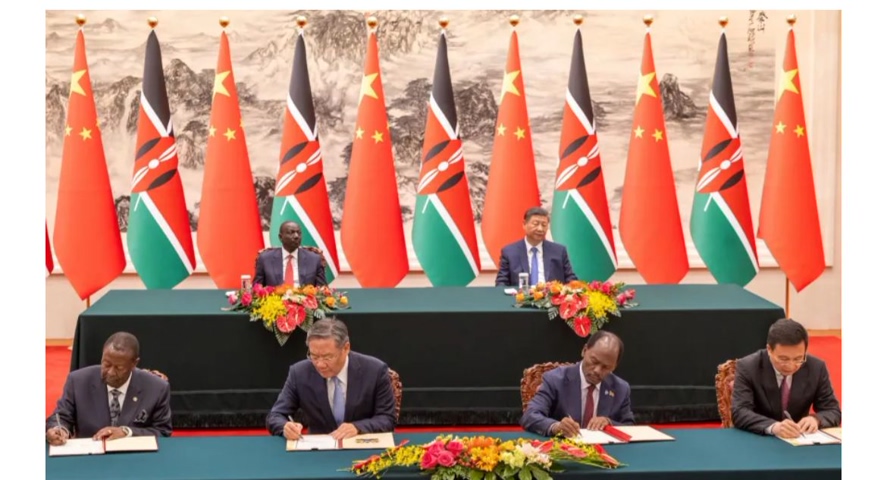
Kenya Secures Major Economic And Infrastructure Deals During Ruto’s State Visit To China
